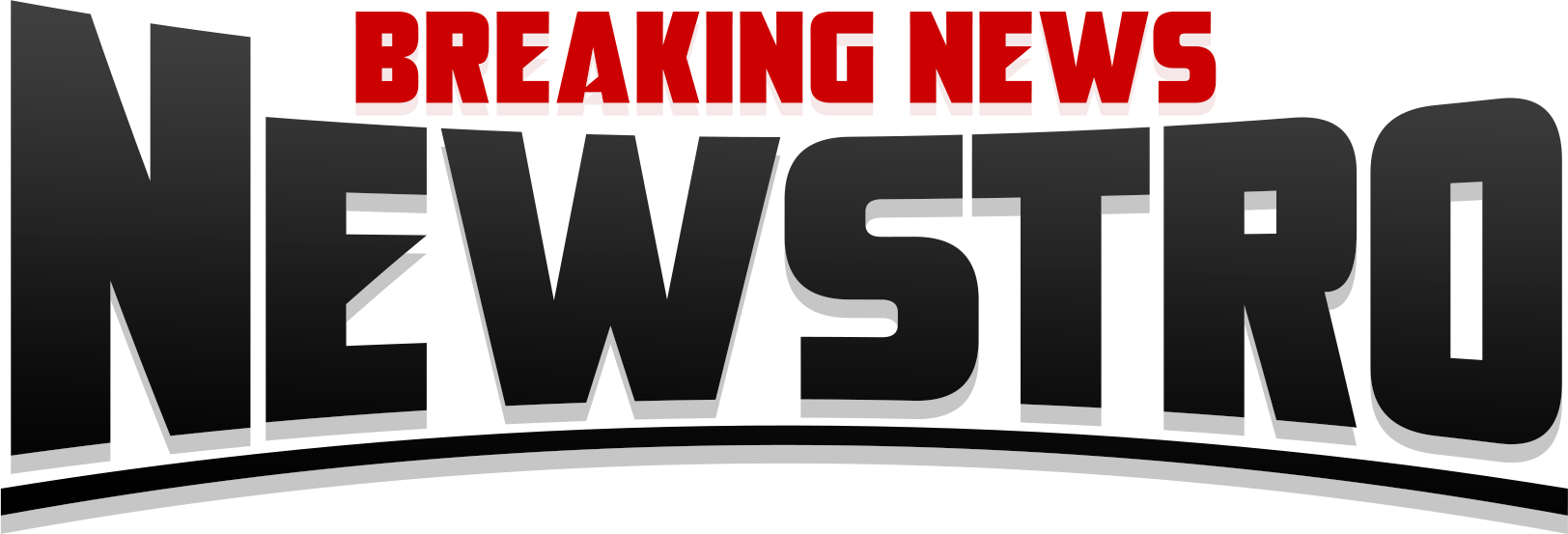In a significant development, Ukraine’s President Volodymyr Zelensky is encountering mounting challenges both domestically and internationally. The recent hesitation in U.S. support and a stalled military counteroffensive mark a pivotal moment in Ukraine’s ongoing conflict.
Quick Facts
- U.S. Aid Stalled: The U.S. Senate’s delay in providing aid to Ukraine signifies a notable shift in international support dynamics.
- Domestic Criticism: President Zelensky faces increasing criticism within Ukraine, highlighting the growing internal pressures amid the conflict.
- Military Counteroffensive Halted: The pause in Ukraine’s military counteroffensive against adversarial forces raises concerns about its strategic position.
The recent developments in Ukraine underscore a critical juncture in its ongoing conflict. The U.S. Senate’s hesitance to provide additional aid represents a potential shift in the international community’s approach to the Ukrainian situation. This reluctance could be attributed to various geopolitical factors and domestic considerations within the United States. The delay in aid has raised concerns about the sustained international support that Ukraine has been relying on.
Internally, President Zelensky is facing a wave of criticism from various quarters within Ukraine. This criticism stems from the handling of the conflict, economic challenges, and governance issues. These internal pressures are compounded by the external challenges, making the situation increasingly complex for the Ukrainian leadership. The growing discontent among the population could have significant implications for the country’s political stability and future policy directions.
The halt in Ukraine’s military counteroffensive is another critical aspect of the current scenario. This pause could be due to strategic recalibrations, resource constraints, or other operational considerations. The halt has implications for the conflict’s trajectory and could influence future military and diplomatic strategies. Ukraine’s ability to navigate these challenges will be crucial in determining the conflict’s outcome and the country’s future.
| For Further Reading | Geopolitical Dynamics of the Ukrainian Conflict: The conflict in Ukraine is a complex interplay of regional power struggles, international diplomacy, and strategic interests. It involves multiple stakeholders, each with their own agendas and perspectives. Understanding these dynamics is key to comprehending the broader implications of the conflict. Read more on Wikipedia. |
|---|
Q&A Section
What does the U.S. aid delay mean for Ukraine?
The delay in U.S. aid to Ukraine could signify a shift in international support and may impact Ukraine’s military and economic capabilities in the ongoing conflict.
How is internal criticism affecting President Zelensky?
Increased internal criticism challenges President Zelensky’s leadership and governance, potentially impacting his administration’s stability and future policy decisions.
What are the implications of the halted Ukrainian counteroffensive?
The pause in the military counteroffensive could lead to strategic and operational changes in Ukraine’s approach to the conflict, affecting its future course and resolution.
Original article: Ukraine’s Zelensky appears increasingly embattled as U.S. backing wavers.
Continued Tensions in Ukraine: Zelensky’s Growing Challenges
In recent developments, Ukrainian President Volodymyr Zelensky faces increasing internal and external pressures. The U.S. Senate’s blocking of aid and a halted counteroffensive have intensified his challenges, signaling a shift in both international support and domestic confidence.
Who’s Involved
- Volodymyr Zelensky
- U.S. Senate
- Ukrainian Military
Volodymyr Zelensky: Ukraine’s president since 2019, Zelensky, a former comedian and actor, transitioned into politics with a promise to end the conflict in Eastern Ukraine. His tenure has been marked by significant challenges, including the ongoing war with pro-Russian separatists and the current standoff with Russia. Recently, his leadership has been under scrutiny due to internal political pressures and the wavering support from international allies, notably the United States.
U.S. Senate: The U.S. Senate, a critical component of American legislative power, plays a significant role in foreign policy, including military aid and international relations. The recent decision to block aid to Ukraine marks a crucial moment in U.S.-Ukraine relations, reflecting the complex dynamics of American domestic politics and its impact on foreign policy. This decision has far-reaching implications for the support and aid that Ukraine has relied on amid its ongoing conflict.
Ukrainian Military: The Ukrainian Military, engaged in a prolonged conflict with Russian-backed separatists, has faced numerous challenges in securing its borders and maintaining territorial integrity. The recent halt in their counteroffensive against separatist forces raises questions about their current capabilities and strategies. This development is a significant factor in the broader context of Ukraine’s security and political landscape.
| What is Next | Potential escalation of conflict in Eastern Ukraine if military aid is not resumed. Possible shift in Ukraine’s foreign policy towards other international allies for support. Increased internal political pressures leading to significant changes in Ukraine’s government. |
|---|
